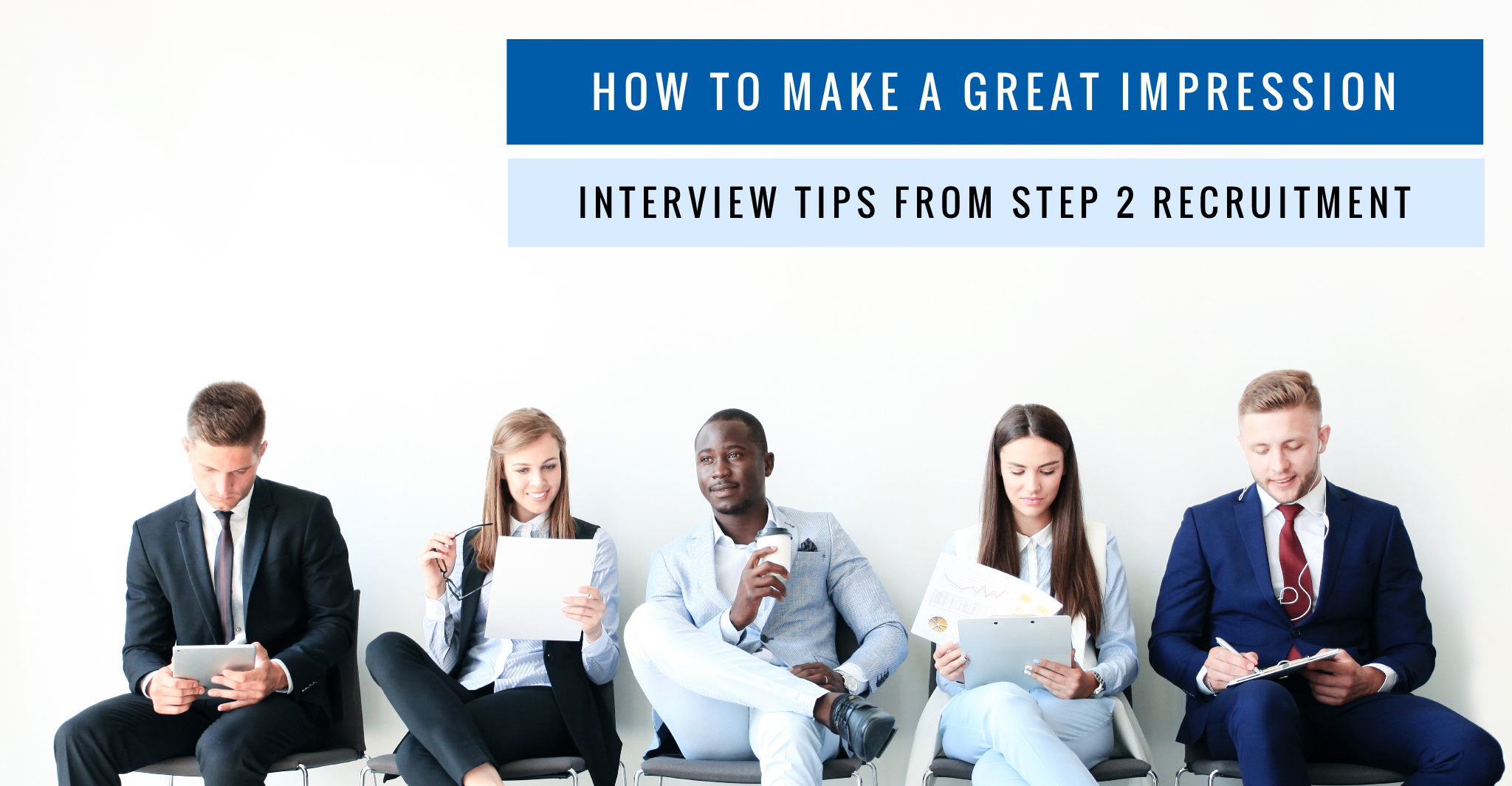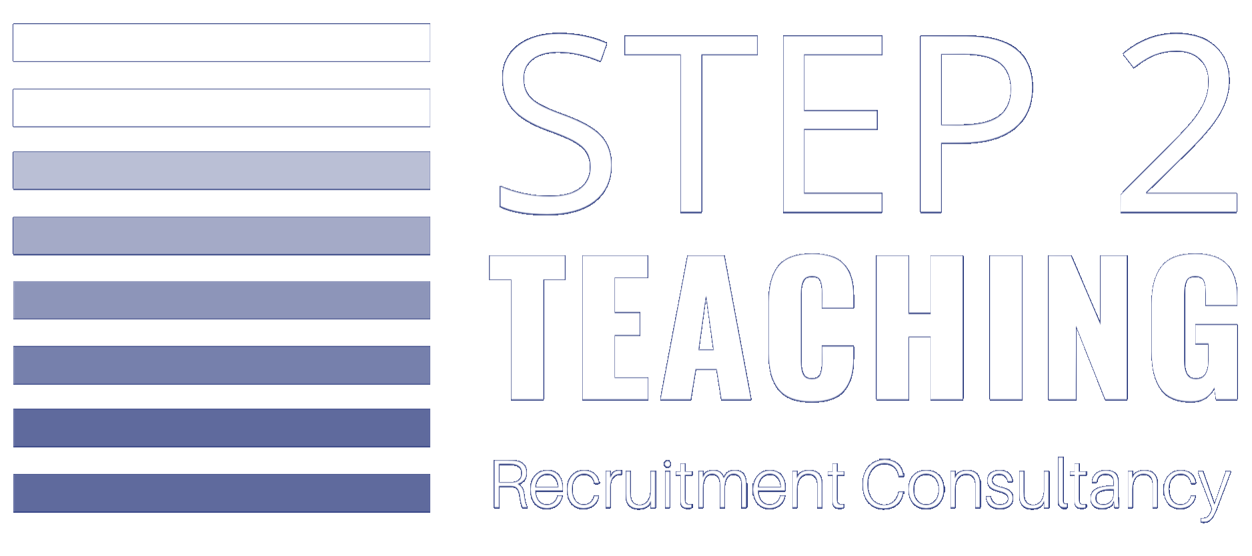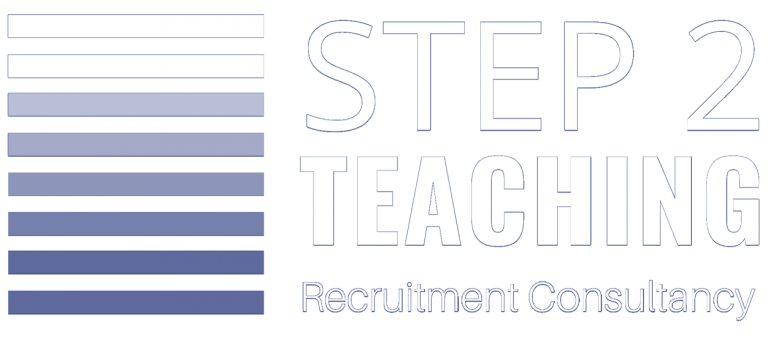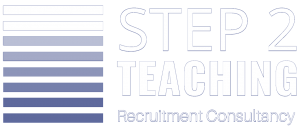Interview Tips
- Home
- Interview Tips

School principals and any other members of a hiring committee craft the questions they ask in order to determine whether you will be a good fit for their school as well as a champion for the policies established by their school district.
Interviews can be very stressful, even for the most experienced job-seekers. You must know your worth and be comfortable expressing it. Going into an interview with confidence will only support your ability to sell your skills and experience, if you have this along with some interpersonal skills you will have the beginning foundation for ensuring a successful interview, however below are some successful interview techniques and tips that will further improve your interview performance.
Research
Once you land the interview, start planning for it immediately. Begin by researching the company you’ll be interviewing with and ensuring you thoroughly read through the job description that you are applying for, to enable you to think about what experience you have that is relevant to the job and business you are applying for.
Prep for Questions
Be aware of the questions you may be asked and decide how you are going to answer them effectively. There is a series of basic questions almost every interviewer asks, most of them covering a more in-depth evaluation of your CV.
Take time reviewing questions ahead of the interview.
Personal
- Tell me about yourself both from an employment and personal perspective
- What made you want to apply for this position?
- Why do you want to leave your current position? …
- What are your professional goals for the next 5-10 years? …
- What is your greatest strength/weakness?
- What is your philosophy of education?
Teaching
- Talk me through a lesson.
- What makes an outstanding lesson?
- How do you measure progress?
- In a class of mostly EAL students, how would you differentiate your teaching? Please provide a couple of examples.
- In what way do you assess and evaluate students?
- How would you motivate parents to become involved in the classroom and their child’s education?
- Can you tell me about a time when you had to control a child’s behaviour?
- What is your favourite teaching method and why did you choose it?
- What do you do to ensure that every child in your class reaches their potential?
- What do you think the most difficult part of this job?
Safeguarding
- What have you done in the last twelve months to improve safeguarding of children in the workplace?
- Describe to us the key aspects of the safeguarding policy in your workplace
- Give me an example of when you have had a safeguarding concern about a child. What happened?
Leadership
- What are the most important values you demonstrate as a leader?
- How have you gained commitment from your team?
- How do you get others to accept your ideas?
- Describe a time you took a leadership position when you did not have the title of a leader.
- What sort of leader would your team say that you are?
- What is the most difficult part of being a leader?
- How do you lead through change?
Location
- What do you know about the School?
- What do you know about China, particularly Nanjing? (China as an example)
Make sure every answer is to the point, and factual, giving examples of when you have done something. Once you have made your point, only continue talking if the interviewer asks you to elaborate.
Plan
Plan what you’re going to wear and have the clothing items cleaned and ironed ahead of time to avoid a headache on the morning of, mirror the organisations dress code, for most schools, colleges and universities it’s formal suits, business wear. Just remember to be well groomed and polished.
Switch off your phone
Before you enter the interview room, keep in mind the most commonly made yet easily avoidable interview blunders that can wind up costing you the job. Prevent them by turning off your cell phone or setting it to silent, reminding yourself not to play with your hair or face while being interviewed, and preparing to shake hands firmly with the interviewer, maintain eye contact, and show your enthusiasm without going over the top.
Video Conferencing interviews
The ability to use video conferencing is the main platform to conduct interviews for most employers in the international education sector, due to the many benefits that it provides. Some of the benefits of video conferencing for an interview are:- It minimises travel expenses, compared to in-person interviews.
- It captures the non-verbal conversation, unlike phone interviews.
- Interviewees may feel less nervous than in-person interviews.
- They are typically more efficient and cost-effective than in-person.

- Schools and education organisations can interview people all over the world, broadening the talent pool.
- Interviews can be recorded and replayed later.
- Interview questions can be pre-recorded.
- Ensure your internet connection is stable.
- Test your computer’s audio and webcam.
- Select a suitable location for the interview, if one isn’t provided.
- i) Make sure it’s somewhere you won’t be disturbed.
- ii) Ensure the lighting is bright enough for you to be visible on the screen
- iii) Don’t have any unprofessional or distracting visuals behind you.
- Set-up the required software in advance of the interview, and do at least one practice run to get used to the technology.
- Ensure your account name is professional.
What to prepare on the day of the interview
Directly before the interview starts, there are some last minute preparations to take care of. For both the interviewer and interviewee, these include:- Rechecking your equipment and software to ensure everything is still working.
- Clearing the area you will be video conferencing from.
- i) Remove any extra papers or clutter
- ii) Make sure your phone is on silent.
- Close down any other programs running in the background so they will not distract you or slow down your internet connection.
- Print off a copy of any documents you may need. This may include:
- i) The interviewee’s resume
- ii) Questions you will be asking
- iii) Any relevant information about the company or the person you’re video conferencing with.
- iv) For the interviewee, you may also want relevant examples of your work, and notes on how you plan to answer expected interview questions, such as
- Have a paper and pen ready to take notes.
- Dress professionally, and avoid bright colours, stark white, red, and busy prints as they may be distracting on camera.
- i) Don’t assume that you only need to dress professionally from the waist up.
- ii) Avoid too much makeup and any shiny or flashy jewellery that will catch the light.
- iii) If you wear glasses, make sure they don’t create a glare on the camera.
- Make sure the device you are using is placed on a flat surface. If you’re holding the tablet or placing the computer on your lap, it can make the video jumpy and distracting.
- Have a glass of water ready if you need it.
How to interview using video conferencing
When the time comes for the video conference interview to take place, it’s a good idea to make sure you are logged in ten minutes before the scheduled meeting. Here are six other tips you should keep in mind when using video conferencing for an interview:- Maintain eye contact as much as possible, but remain aware of what is going on the screen.
- Use hand gestures when appropriate but don’t exaggerate them or use them more than you would during an in-person conversation.
- Avoid becoming distracted.
- i) It’s easier to lose focus when you’re not interviewing in person. Pay attention, don’t let your mind wander, and make sure you don’t miss anything being said.
- ii) While you may have notes, try to refer to them as little as possible.
- Minimise movement and body motion.
- i) Actions such as crossing and uncrossing your legs could cause your image on camera to blur or look jumpy.
- Be prepared for a transmission delay.
- i) There will likely be about a half a second delay in transmissions. To adapt for this, pause before you respond to make sure the other person is done speaking.
- Mute the microphone when it’s not your turn to speak, so there are no unnecessary noise distractions.
Telephone Interviews
It is also very important to know a few telephone interview techniques. You may receive a call when you least expect it and realise you’re suddenly being interviewed. However, it is also important to use the same interview techniques you would in person over the phone. If you are unexpectedly contacted by a recruiter who requests a few moments of your time, accept the offer to speak with them. The few questions they ask over the phone could land you another interview or even the job itself. Do your best to move to a quiet area and stop what you are doing so you can give the interviewer your complete, undivided attention. Especially crucial for phone interviews is listening as carefully as possible to each question and answering clearly. Take this as an opportunity to be a bit more confident in yourself than you may be sitting across from this person in an office.Follow up
It is important to start by following up with the Step 2 Teaching consultant following your interview. They will know the process well and the team recruiting and be able to either chase up your application or give you appropriate advice. If however the school has organised the interview directly then follow up with them. Email is definitely the best way to follow up without appearing pushy. Here are a few pointers:- Address the person you are emailing.
- Mention the job title of the role you’re following up about and the date you interviewed to refresh their memory
- Confirm that you’re still interested in the position and that you are eager to hear about next steps
- Finally, ask for an update


